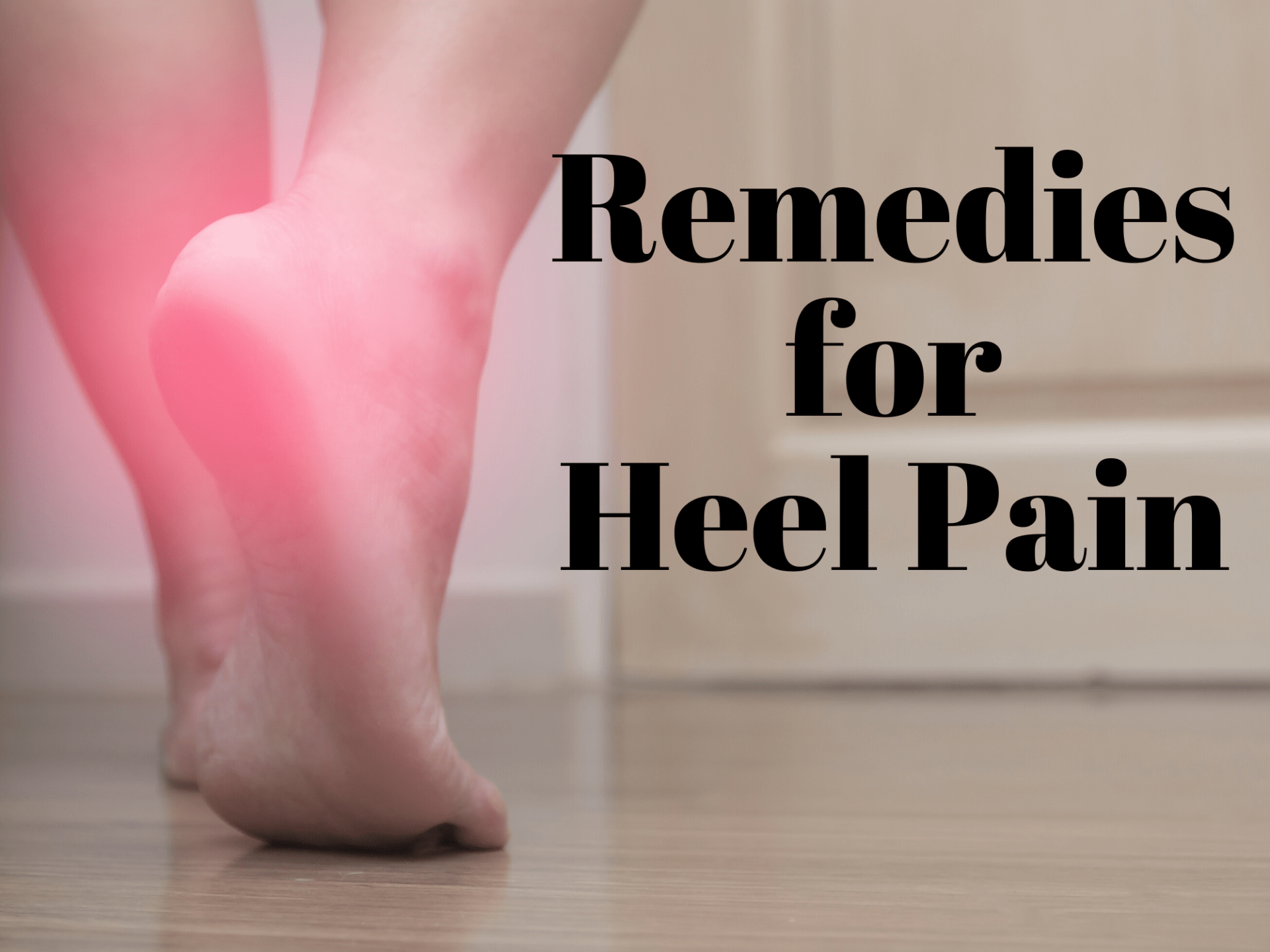How would it be like if every step you take is like a sharp knife thrusting the bottom of your foot?
Plantar Fasciitis is the most common cause of heel pain. According to a study, 10% of the population will suffer from plantar fasciitis at some point in their lifetime.
What is Plantar Fasciitis?
Plantar Fasciitis is the inflammation of the thick band of tissues that runs across the bottom of your foot, which connects the heel bones to the toes. This thick band of tissue is called the ‘Plantar Fascia‘.
People with Plantar Fasciitis will feel a sharp, stabbing pain at the bottom of their heel. And this is usually the worst in the morning when they take their first step out of bed.

Common Causes
Here lists the most common causes of Plantar Fasciitis.
- Foot Mechanics – Flat foot, a high arch, or improper standing/walking/running posture could lead to an imbalanced distributed weight on the bottom of the foot, thus leading to stress on the plantar fascia.
- Occupations – Jobs that require long hours of standing/walking can contribute to increased risks of plantar fasciitis.
- Overweight – People who are overweight may put extra stress on the plantar fascia.
Home Remedies
I recommend for those with serious heel pain to seek a professional immediately, such as physiotherapists, acupuncturists, or podiatrists.
However, therapists could only help so much. Suppose they see you for one hour per day. What about the rest of the 23 hours? What you do during those times impact your heels significantly.
Therefore I am writing this article to include some home remedies that could help you to relieve or even cure Plantar Fasciitis.
#1 Rest
Resting is important so that your plantar fascia gets to heal. By keeping the weight off your foot, the inflammation goes down.
#2 Modify Activities
If resting is not an option for you (especially athletes who need to constantly train), try switching exercises for the time being. You could focus more on other things such as upper body strength, flexibility, or techniques.
Some exercises that put less stress on the feet are swimming, Brazilian Jiujitsu, upper-body strength exercises, etc.
#3 Choose Supportive Shoes
One cause of heel pain is because of foot mechanics. It could be because of a flat foot, high arch, or an abnormal pattern of walking (such as foot turning inwards). We could solve this by wearing supportive shoes.
You could buy shoes with a low to moderate heel, thick soles, good arch support, and extra cushioning. Also, don’t walk barefoot. Or try heel cups or shoe inserts. It is best to see an orthotic doctor since they can tailor make inserts specific for you.
Ensure to use them in both shoes, even if only one foot hurts, or else there will be an imbalance of the foot.
#4 Diet
Taking the below supplements may help with tissue repair and healing:
- Magnesium: helps to relax the muscles. Take it before bed.
- Vitamin B5 (Pantothenic Acid): helps to relax the muscle and heal the plantar fascia
- Vitamin C: helps with the absorption of Vitamin B5
- Fish oil: great source of anti-inflammatory omega-3 fatty acid
* If you decide to take supplements, always consult your doctor first.
#5 Maintain a Healthy Weight
Extra weight puts stress on the plantar fascia. Therefore by maintaining a healthy weight can avoid the over-stress on the heels.
#6 To Ice or Not to Ice?
Many experts suggest to ice. However, in Chinese Medicine, icing is only good in the early stages of inflammation.
This is due to the ‘Cold’ can result in a Qi and Blood stagnation, which lengthens the healing process, and could cause long term issues with the muscles and tendons.
If the heel pain is chronic, soak your feet in hot or warm water is a better choice.

#7 Massages and Stretches
Besides the above home remedies, massage and stretches are also important in the healing process. Click in the below video for a detailed routine of massage and stretching.


Leave a Reply